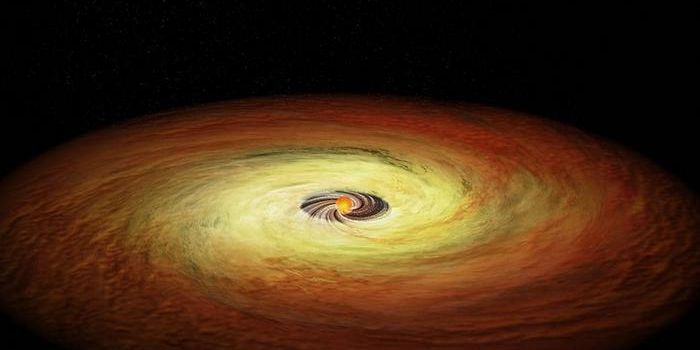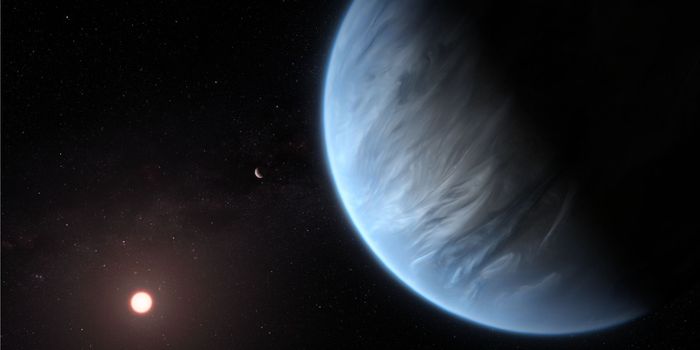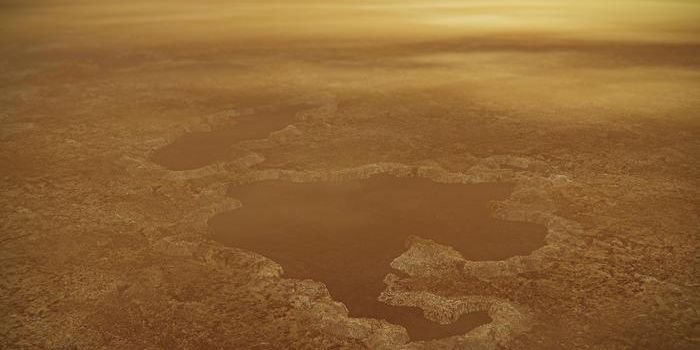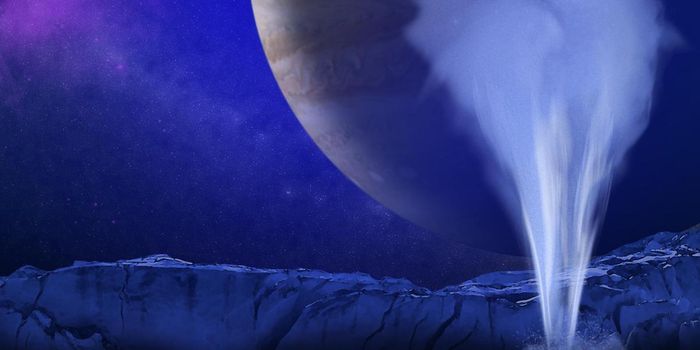Climate change is making Earth bluer
New research published in the journal Nature Communications suggests that higher water temperatures resulting from climate change will affect the composition of marine phytoplankton. Phytoplankton plays an important role in marine ecosystems as primary producers that consume carbon dioxide and absorb and reflect sunlight. However, with increased sea temperatures, scientists predict that less phytoplankton will populate the oceans. In addition to the devastating ecological consequences that this shift will have, less phytoplankton also means an interesting change for the blue planet: the earth will appear bluer.
The study comes from researchers at the Massachusetts Institute of Technology who developed a global model that they used to simulate the growth and interaction of different species of phytoplankton in order to determine how species composition around the globe can be expected to fluctuate with climate change. The researchers elaborated their study to include a simulation that focuses on how the ocean’s color will also change as a result of changing phytoplankton communities.
Their results found that by 2100 over half of the world's oceans will shift in color. Previous studies have suggested that warming ocean temperatures will decrease the number of phytoplankton in our oceans. This decrease in phytoplankton makes the ocean appear bluer because of how water molecules and marine organisms absorb and reflect sunlight. According to Science Daily, the chlorophyll found in phytoplankton mostly absorbs the blue wavelengths of sunlight and reflects back green wavelengths, which results in areas with a lot of phytoplankton appearing greener.
Lead author Stephanie Dutkiewicz explains what this means: "The model suggests the changes won't appear huge to the naked eye, and the ocean will still look like it has blue regions in the subtropics and greener regions near the equator and poles. That basic pattern will still be there. But it'll be enough different [and] it could be potentially quite serious. Different types of phytoplankton absorb light differently, and if climate change shifts one community of phytoplankton to another, that will also change the types of food webs they can support.”
This, says Dutkiewicz, "will likely be one of the earliest warning signals that we have changed the ecology of the ocean."
Sources: Science Daily, Nature Communications, BBC News









